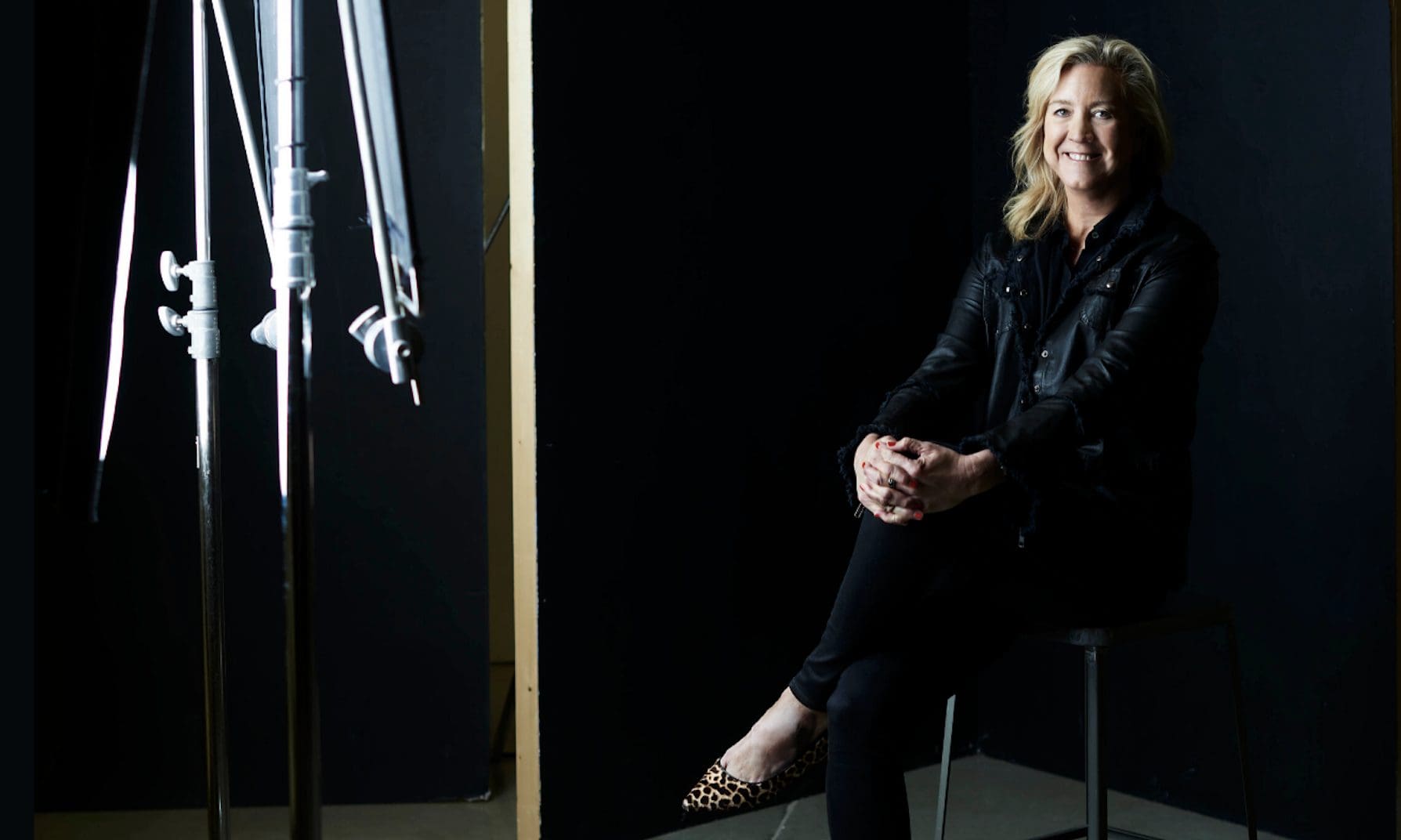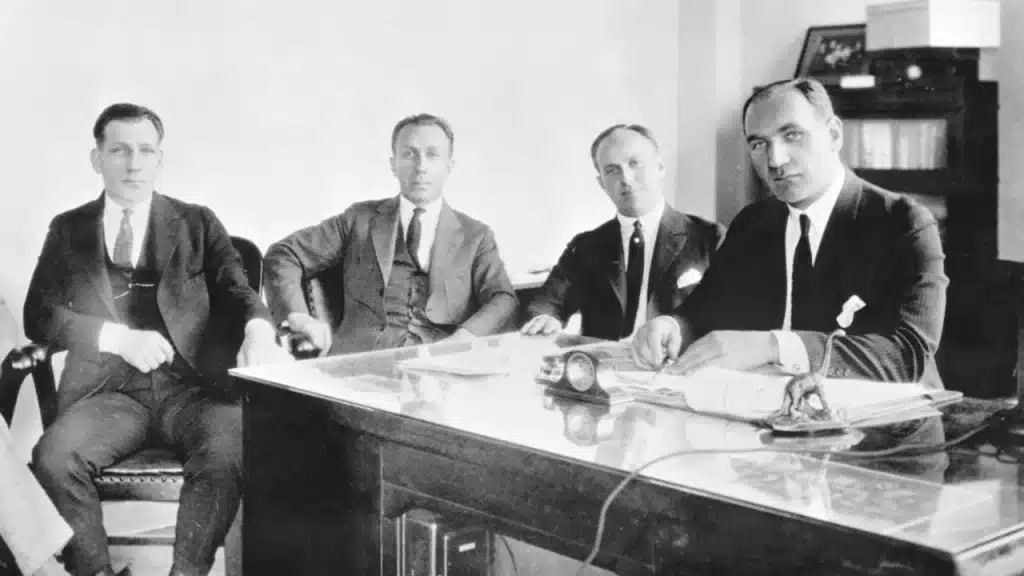
How does one collect all the moments, dramas, stories, and stars that compose a hundred-year-history of one of Hollywood’s most important studios, and tell the story in an hour? For Academy Award-nominated filmmaker Leslie Iwerks, producing the series 100 Years of Warner Bros. was an act of love and curiosity. “It was a daunting task,” she admits, speaking with A Rabbit’s Foot from Aspen, Colorado, “it nearly broke me. But in the end, I think it’s a story of love and perseverance—about the people behind-the-scenes as much as it is about the people in front of the camera.”
For Iwerks, who comes from a lineage of Disney royalty (her grandfather Ub co-created Mickey Mouse, and her father Don is considered a pioneer at the House of Mouse) her relationship with the magic of studio filmmaking has followed her from childhood into her professional career. Iwerks’ previous documentary, A Pixar Story, was lauded for its insight into the great animation factory, but 100 Years of Warner Bros is a sweeping tale that includes interviews with the likes of Clint Eastwood, Robert De Niro, and other figures from the studios’ past and present. Through masterful transitions that move naturally between generations, and a lightness of touch—there’s a clear warmth from Iwerks and her subjects here—her ability to unearth the most fascinating anecdotes is one of this series’ strengths. As it prepares for a wider release, this is Iwerks on Warner Bros; through her own words.
In some ways, 100 Years of Warner Bros. is a story about America. I wanted to look at Warner Bros through the lens of time, and how society and culture impacted film and vice-versa. Films give insight into what happens at the time and the correlation before and after. And because of the studio’s background—started by Jewish immigrant brothers from nothing, it really is an American story.
I had a total creative licence. They appreciated me telling the story warts and all, welcoming me to take a complete look at the studio, because no one wants a puff piece. So they gave me access to the archives and historical records and articulated their journey in a way that hadn’t been told before.
There was so much that didn’t make the final cut. Originally the series was scheduled to be eight hours. Then six. Then four. With more time, I would’ve liked to put the spotlight on Jack Warner’s departure, maybe in two parts, or even delve deeper into Clint Eastwood’s impact. But then you need to know when you’re giving too much. I also would’ve liked to explore the animation and the Looney Tunes deeper. A lot of people we interviewed mentioned the cartoon’s influence on their lives.
I learned about the vast scope of filmmaking over time. Making movies isn’t easy. There’s risk and reward. Take The Exorcist—with people freaking out at the theatre—or Blazing Saddles, where audiences would roll off their seats. Films can change lives. They teach important values. I wanted audiences to realise how this whole juggernaut of moviemaking worked and how the baton is passed to the next generation. It’s a group effort, because every film is basically a start-up.
I grew up in Burbank. From my home, I could see the Disney water-tower on one side and the Warner Bros water-tower on the other. My dad was a pioneer at Disney, and I spent a lot of time on their sets, going behind-the-scenes. I loved watching the process. Although I never went to Warner Bros, I wanted to revisit the magic. But in time and scope, it nearly killed me! But we had a good team—our priorities were aligned. We brought out the true story of Warner Bros and anecdotes people wouldn’t know without our access.
Warner Bros is like a family. We interviewed Clint Eastwood, Robert De Niro, and so many of these great icons, and they mentioned how warm the atmosphere around the studio was, and how the studio heads had taken care of them. So by the time we got around to meet the studio heads, I had a huge amount of respect built upon a very positive reputation.
I was continuously surprised by the studio’s values and history. During World War II, many of the studios were compliant to the Nazis’ demands but Warner Bros pulled out of the German market. They stuck to their principles. I gained a lot of respect for co-founder Harry Warner, who was an ethical man, and these principles caused an environment where diversity in cinema could flourish. But it was also a story of risk. The Atari collapse lost them a billion dollars in a day. And yet they continue to be a studio that embraces chances and strives to take risks. That has led to the culture-shifting cinema we have today.






